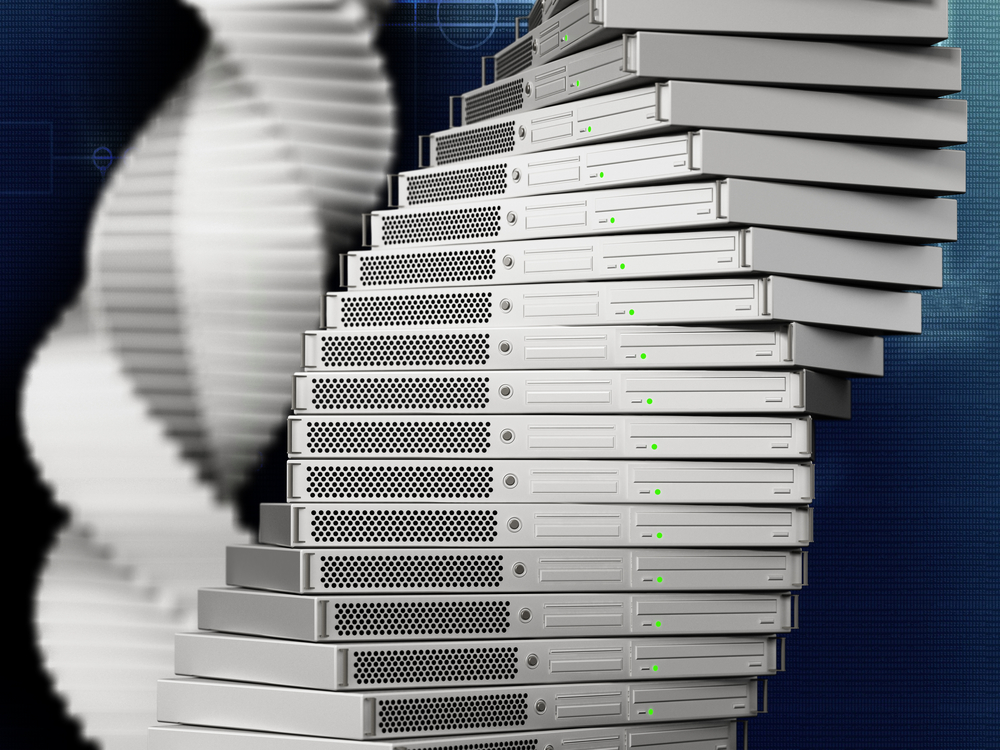Sometimes science fiction seems to become real right in front of our eyes. Slowly but surely, our genes are revealing all their secrets to us. We are currently able to read our genetic code faster, and understand it better, than ever before. This generates a huge amount of data; could it be possible to use DNA as a storage system for the information we obtain? Jay Flatley, Executive Chairman of the Board of Directors of Illumina, spoke about this concept at the Imec Technology Forum in Antwerp last month.
Genetic testing will become a routine procedure
For many years, as CEO, Flatley was the driving force behind the American company Illumina, the largest producer of DNA sequencers in the world. The current revolution in genetics is, to a large extent, related to the ever faster and more advanced DNA reading techniques.
According to Flatley, we will soon be able to read the complete genetic code of a person for a mere 100 US dollars. Currently, that procedure costs about a thousand dollars. Flatley believes that reading a person’s genetic passport will become a routine medical test in our immediate future. However, reading DNA is one thing; interpreting this data is something entirely different.
Science is progressing rapidly when it comes to analyzing genetic information. As an example, Flatley mentioned Grail (a spin-off of Illumina). Grail has developed a test to detect cancer very quickly, based on analyzing cancer DNA floating in the patient’s blood. Scientists discovered this method when searching for a test to detect Down syndrome in a pregnant mother’s unborn child. Able to detect cancerous cells long before any symptoms arise, this test will also soon become possible for a mere 100 dollars.
Storing information in DNA
Another start-up that Flatley talked about was Iridia: a company aiming to save data in a hyper-efficient way. Due to rapid global digitization, data flow is currently so overwhelmingly large that it might become impossible to sort through the information we obtain. Iridia is working on a project to save data using DNA. This process will be so efficient that all the digital knowledge of the entire world could be stored in a single room. The conversion from bytes to DNA is complicated, but DNA is so compact that it can store a tremendous amount of information in a very limited space. For comparison, each single cell of our body contains enough information stored in DNA to create an entire body.
Unraveling the information in DNA will become a faster and cheaper process as we continue to discover new solutions to data analysis. The tremendous amount of data obtained from these tests may then subsequently be stored back in DNA format. This is not a movie script: it’s about to become reality!


